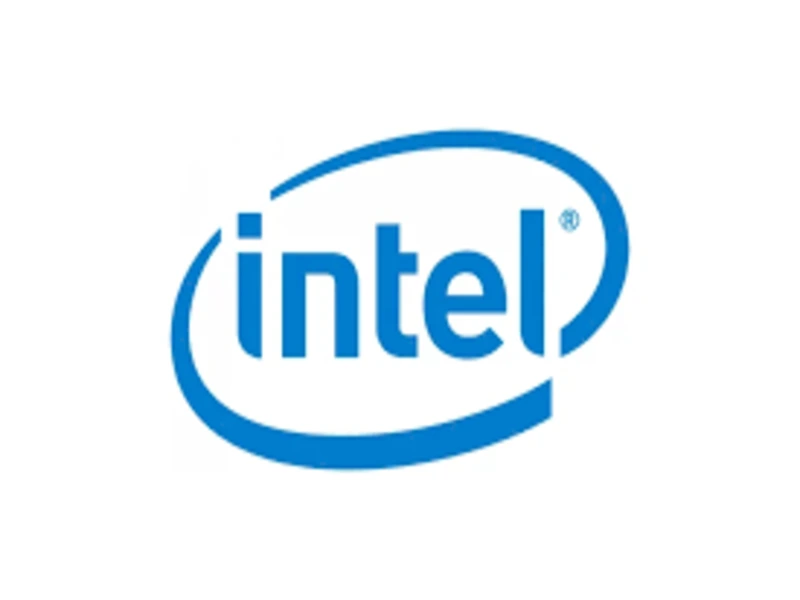- Intel sells Altera business to Silver Lake, marking one of the largest private equity tech acquisitions in 2024.
- The move reflects Intel’s shift towards AI and foundry services amid increasing semiconductor competition.
What happened: Chip giant exits FPGA business to sharpen AI and foundry focus
Intel has agreed to sell its programmable chip unit, Altera, to private equity firm Silver Lake in a deal valued at $8.85 billion. This move reverses Intel’s $16.7 billion acquisition of Altera in 2015, a deal once seen as a strategic push into the field-programmable gate array (FPGA) market.
Intel said the transaction will form a standalone company named “Altera, an independent business under Silver Lake ownership. “Sandra Rivera, who led Intel’s Data Center and AI Group, will remain CEO of the newly rebranded Altera. Pending regulatory approval, the deal is expected to close in early 2025.
This divestiture follows Intel’s recent strategy of streamlining operations, including spinning off Mobileye and announcing plans to make IMS Nanofabrication an independent entity. Intel’s stake in the new Altera will be a minority, though specific terms were not disclosed.
Also read: NTT launches AI chip for low-power 4K video at the edge
Also read: Proximus Global unveils AI-driven SMS fraud protection solution
Why it is important
This move underscores Intel’s aggressive pivot from legacy businesses towards artificial intelligence, advanced packaging, and its foundry ambitions. CEO Pat Gelsinger has prioritised making Intel a global leader in semiconductor manufacturing through its IDM 2.0 strategy, competing with TSMC and Samsung for foundry customers. Divesting Altera, a slower-growth segment, allows Intel to refocus its capital and talent on high-margin, high-growth sectors.
Silver Lake, known for tech-focused investments, including Broadcom and Dell Technologies stakes, brings deep operational and strategic experience that could revitalise Altera’s position in a competitive FPGA market increasingly dominated by AMD-owned Xilinx.
This deal is part of a broader trend where private equity firms play a more significant role in the semiconductor industry. As research and development costs rise and political pressures grow, many chip companies are choosing to focus more narrowly and work with investment partners to stay competitive. Intel’s decision to sell Altera shows a clear strategy: it needs to concentrate its efforts and resources on areas like AI, where speed and scale are critical to success.

